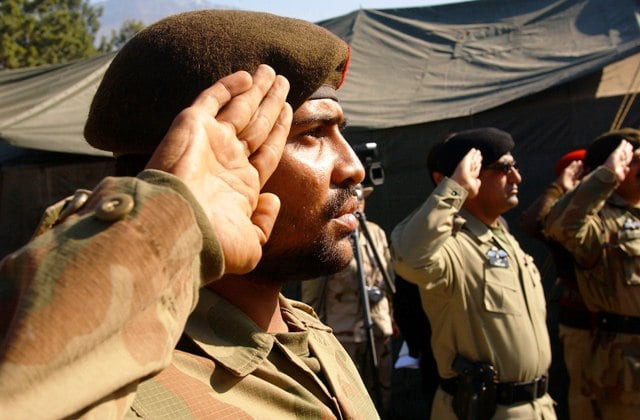Our prime minister stands on the remains of a crumbled democracy. He has approved the expansion of parliamentary lodges so the government can emulate the grandeur of the Capitol Hill.
Perhaps the government thinks this measure will help alleviate the most serious security crisis that the country has faced. They may be right as once the luxury lodges are built, parliamentarians may actually begin to attend assembly sessions!
So far, the current establishment has failed to save the day. Pakistan is now graced with the 10th ranking on the Failed States Index. Wide spread terrorism, a slacking judiciary, embezzlement of state resources, non-availability of public services, mass-weaponisation, astronomical debt figures and the food crisis have contributed to this statistic.
Even if Parliament Lodges draw members back to the National Assembly, the problems will still exist. Most politicians have never really been exposed to political culture. He’s seen the military culture, the Kalashnikov culture, the feudal culture- but never a party-based political culture devoid of the army's influence.
The failure of the democratic leadership is based on two principal factors.
1) Lack of political culture
Pakistan inherited the British legacy of civil-military relations that entailed the military function in subordination to civil rule. Despite this, it has remained a praetorian state with direct military rule persisting for 33 years of the state’s existence. How and why did the tables turn?
The 1958 coup was a defining event for Pakistan; General Ayub Khan's over-arching domination in state-affairs and the civil-government’s malfunction led President Iskander Mirza to dissolve the constitution and welcome the coup.
But it would be rather unjust to ignore the shortcomings of Mirza’s government that galvanised the military’s intervention in 1958.
In the 1950’s, Pakistan was in the youthful stages of organising its statehood. The challenges faced by Mirza’s government were foreseeable. Succumbing to military influence so early, went on stunt the slow and gradual growth of democracy.
A vicious cycle of military coups has resulted in a dysfunctional government. As the military has continued to become involved with state administration it has weakened it.
2) Exaggerated defense concerns
It is but true that the security crisis for Pakistan has been dominated by concerns of national defense. Border troubles from India and Afghanistan have merited huge defense budgets for the army and established it as the most preponderant state institution. Party-politics are bound to take a back-seat when national security is a burning issue.
The Indian border concern, though genuine, is also laced with exaggerations. The military has a tendency to Indianise security concerns; be it Afghanistan, Waziristan, Balochistan, Kashmir or even Karachi – India’s behind it. Every problem becomes the army’s problem (this premise is utterly ignorant of the fact that China, and not Pakistan is India’s primary defense threat.)
Domestic unrest is quelled not by paramilitary forces, but the army. Elections are often monitored not by the police, but the army (because RAW officials probably have a habit of lurking behind ballot-boxes.) The domination (and exaggeration) of defense issues widens the military’s sphere of influence cause it to penetrate into every realm of the state’s governance, further incapacitating the non-military regime.
Why democracy fails in Pakistan
Democracy doesn't seem to be working, but don't blame politicians - they don't know what to do either.


COMMENTS
Comments are moderated and generally will be posted if they are on-topic and not abusive.
For more information, please see our Comments FAQ